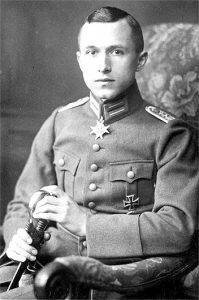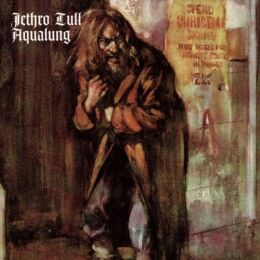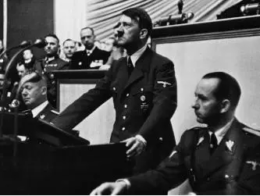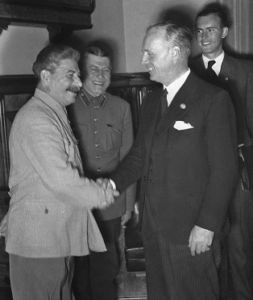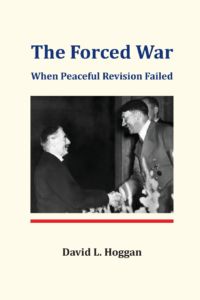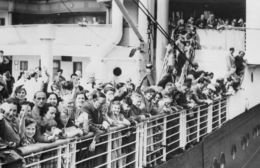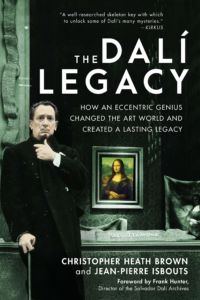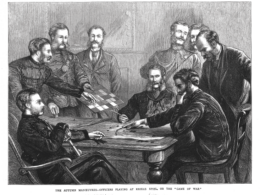
Joseph Nash, The Autumn Manoeuvres, Officers Playing at Kriegs Spiel, or the “Game of War” (1872) (Courtesy of Wikipedia)

Joseph Nash, The Autumn Manoeuvres, Officers Playing at Kriegs Spiel, or the “Game of War” (1872) (Courtesy of Wikipedia)
1,349 words
In my last essay, and against my better judgement, I quoted from memory something that Winston Churchill might or might not have said. I could be wrong; people attribute all sorts of things to Churchill that he never said. This, of course, launched a discussion about the Second World War in the comments. (more…)

